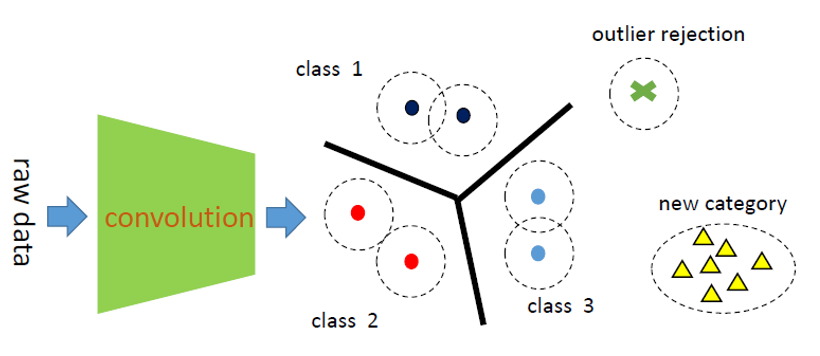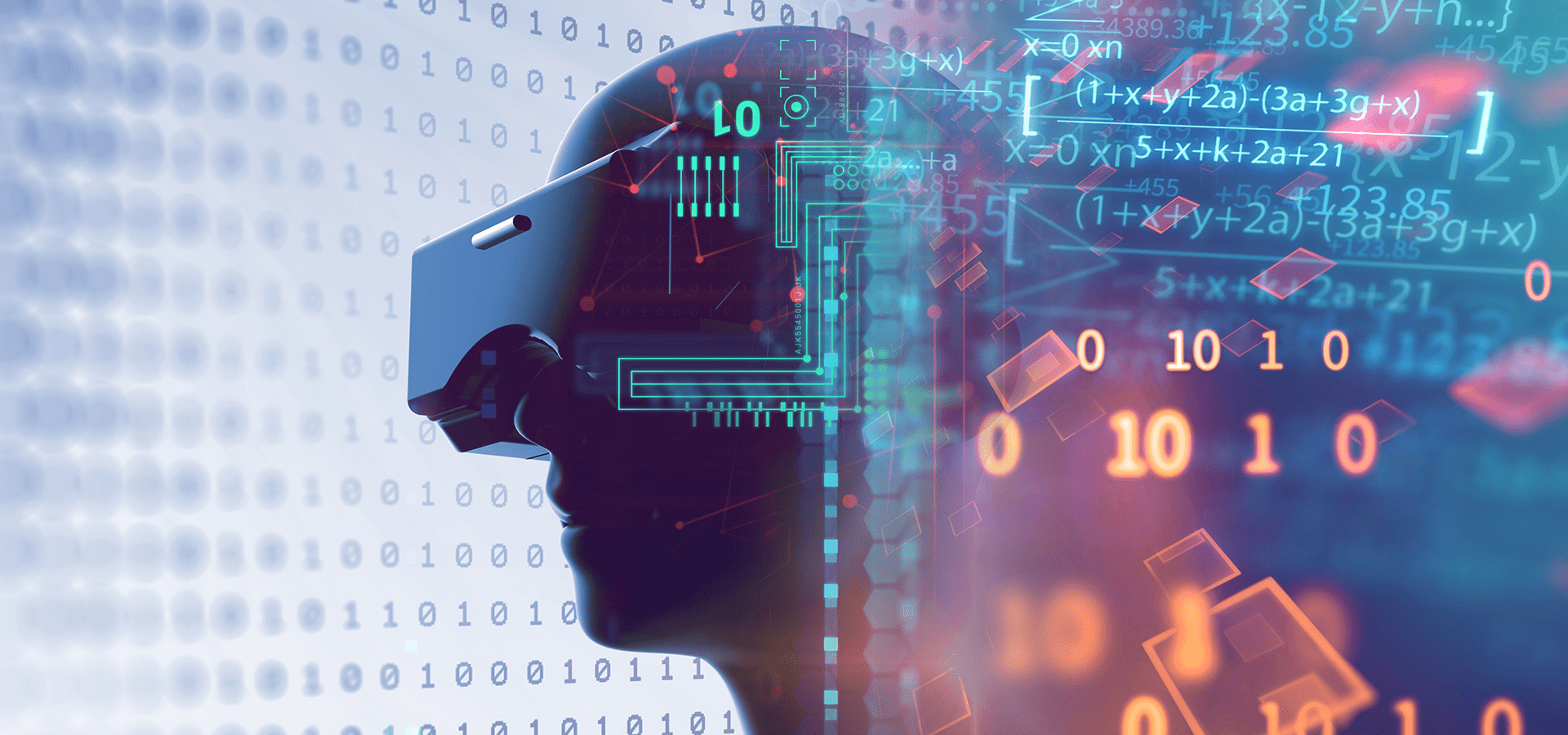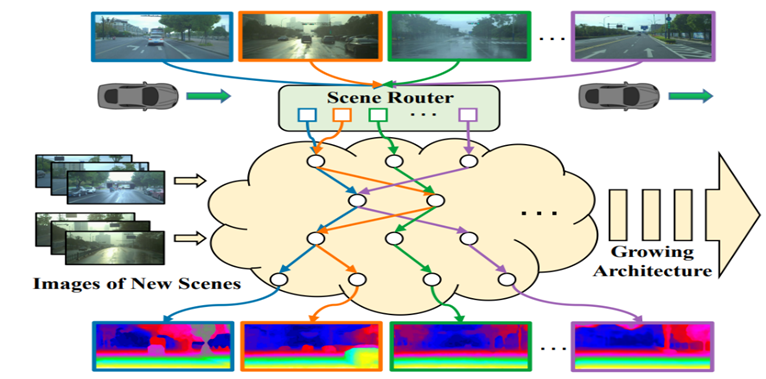Objectives
- Developing a series of brain-inspired intelligence methods, with characteristics of good generalization, adaptability, robustness and interpretability.
- Building an AI testing system in open environments, with database and testing protocols, supporting various AI tasks.
- Founding an innovative research team with international influence.
Tasks
- Brain-inspired intelligence learning methods
- Perception application with standards and strategies for comprehensive evaluation in open domain.
Interpretable Evolution Intelligence Theory
- Proposed ODD network to discover the underlying causal relations (e.g., gravity, friction, velocity, collision) and predict the future states in the physical world.
- Achieve state-of-the-art predictive results in answering reasoning questions related to physical events depicted in a video.
Physical Phenomena
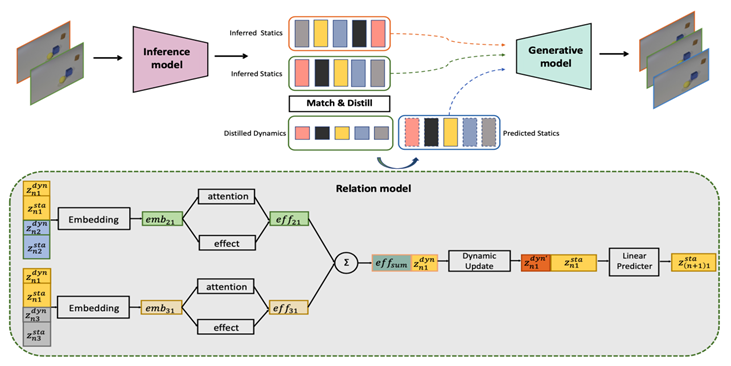
Object Dynamics Distillation Network (ODDN)
Inverse Graphics Capsule Network (IGC-Net)
- Proposed Inverse Graphics Capsule Network (IGC-Net), which incorporates 3D modelling to better handle the views of objects, achieving state-of-the-art performance in face part discovery on the BP4D and Multi-PIE datasets.
- For the first time, successful object part discovery has been realized beyond the MNIST digit dataset using capsule network.
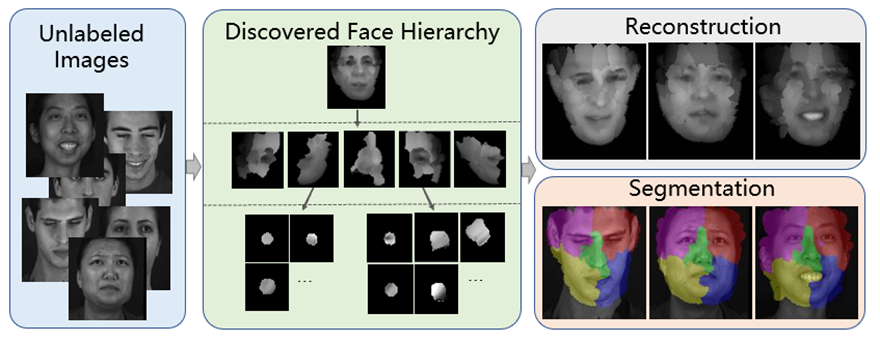
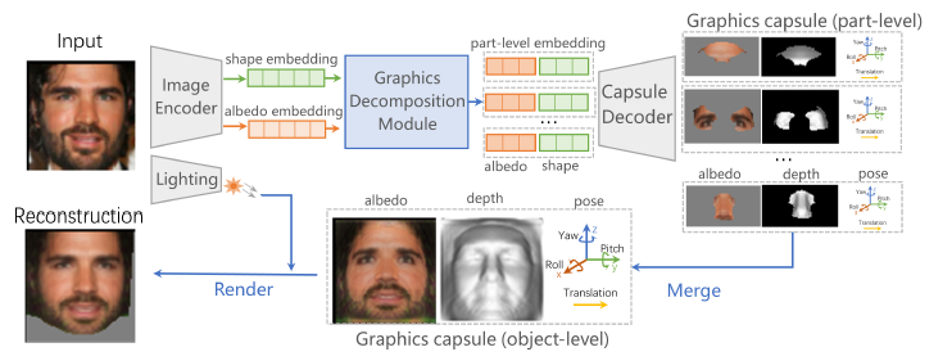
Learning Objective
- Propose a Convolutional Prototype Network (CPN) to enhance the robustness of CNN in open-set recognition. Compared to SoftMax, improve 5 percentage points on ImageNet database.
- Propose a Reusable Architecture Growth (RAG) for continuous learning of new scenes. RAG reduces the error of combined training by 4 percentage points via finding optimal solutions for different scenes.
